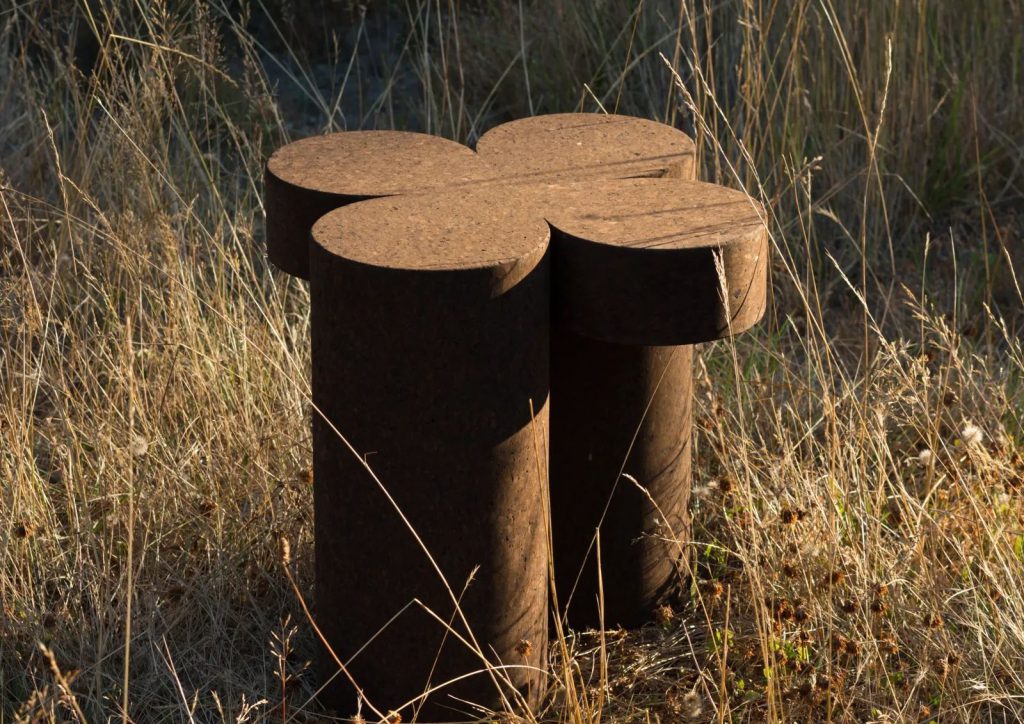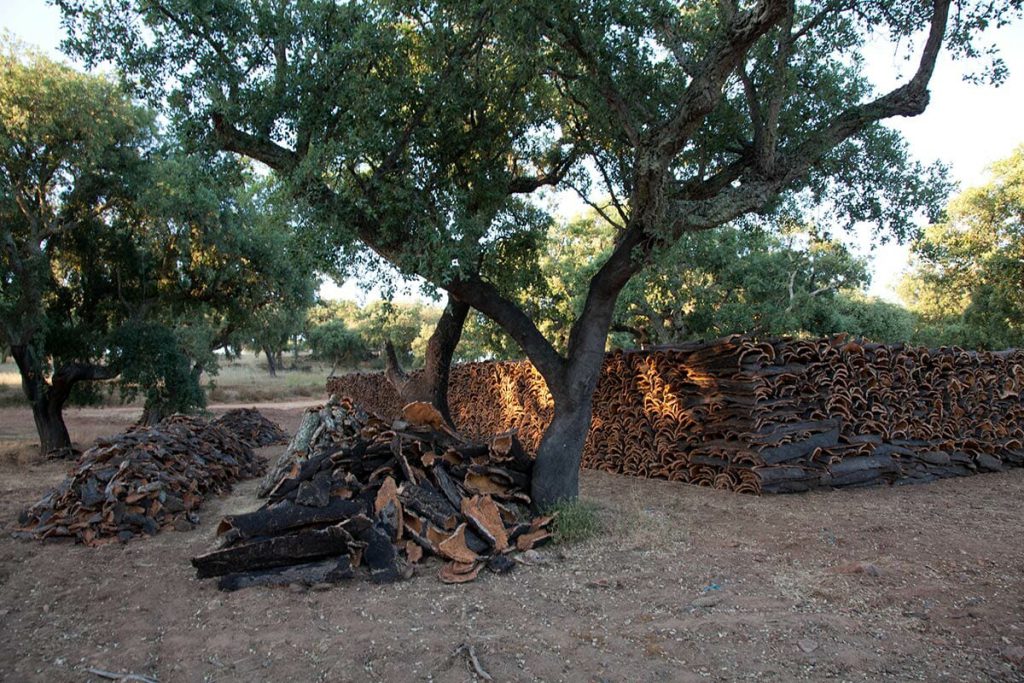Why isn’t natural cork another example of greenwashing?

Greenwashing is “the act of misleading consumers about a company’s environmental practices or the environmental benefits of a product or service.” However, it may also be carried out, intentionally or unintentionally, by governments or other entities that make misleading claims about the environmental performance or impact of their activities. Here are 3 selected examples of greenwashing.
1) Hidden compromise
This example focuses on one narrow pro-environment feature, neglecting to pay attention to more important and broader environmental issues. Examples include technology that promotes energy efficiency without disclosing hazardous materials used in production.

Why doesn’t this apply to natural cork?
In the case of, for example, expanded cork, it is made of cork granulate heated to high temperatures in special vats. In these vats, a natural granule-binding ingredient – suberin – is produced, thanks to which it is possible to obtain cork slabs without any chemicals.
2) Unclear wording
This issue concerns claims that are very broad and unclear, which may consequently be misunderstood by consumers. An example would be using the word “natural” to claim the environmental benefits of a product or service. For example, both arsenic and uranium are “natural” ingredients, but they are also poisonous.

The cork production process is completely transparent
Cork is obtained by partially removing the bark of the oak tree. It is a sustainable process that takes place without harming the tree and the surrounding flora and fauna. The bark is not used for extraction and use
no chemicals.
3) False sustainability labels
Some companies create “sustainability” certifications or labels that are simply false. They can mislead consumers by creating the illusion that a product or service has been independently certified as environmentally sustainable through a legitimate third-party audit process, when in fact this is not the case.

Natural cork has a globally recognized FSC certificate.
The acronym FSC itself stands for Forest Stewardship Council, i.e. Council for Responsible Forest Management. It is an international not-for-profit organization and a member of ISEAL – a global association of social and environmental standards systems. The certificate, based on the Principles, Criteria and Indicators of Good Forest Stewardship, is issued by the above-mentioned FSC Council.
What are the Principles, Criteria and Indicators of Good Forest Stewardship?
This is a document of standards, developed in 1994, based on the knowledge and experience of ecologists and generations of foresters – both theoreticians and practitioners. When developing the document, the FSC Council, in addition to these elements, also took into account the achievements of modern education and the functioning of forest management.
